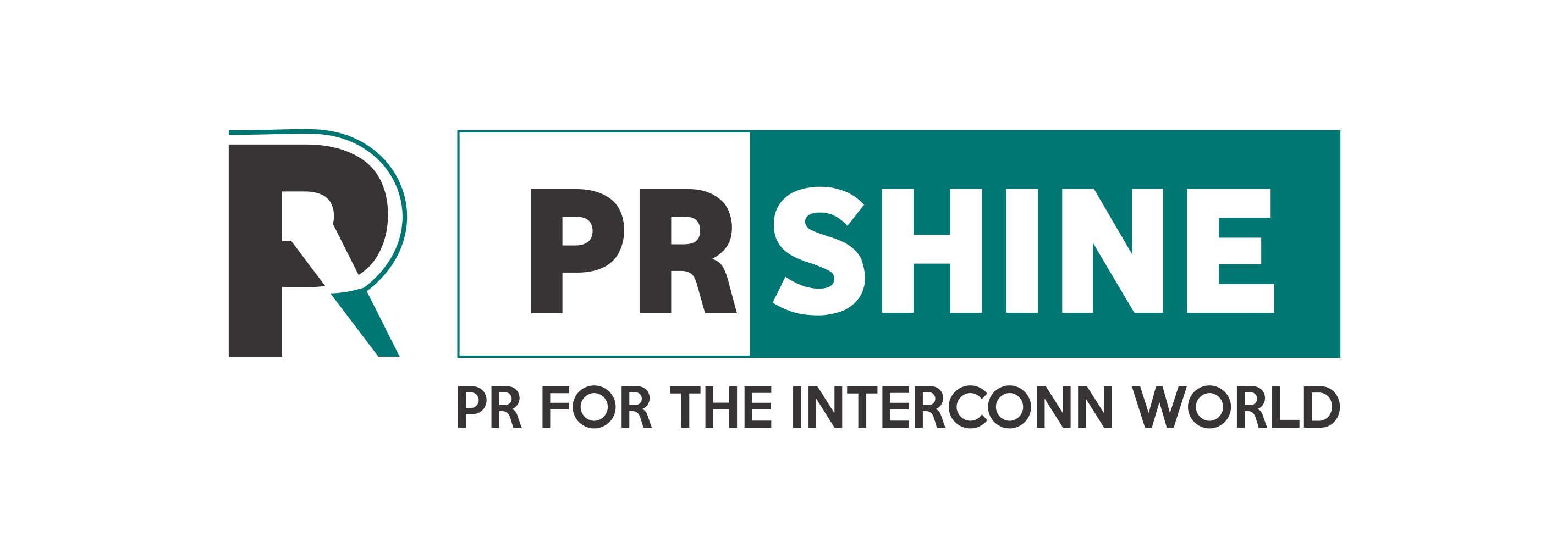Business English: 7 Things to Do for a Successful Job Interview

Business English: 7 Things to Do for a Successful Job Interview
If you're looking for a job, one of the most important things you can do is nail the interview. This can be especially difficult if English isn't your first language.
To help you out, we've compiled a list of seven things you can do to make sure you put your best foot forward and ace that interview. From practicing common questions to preparing your body language, follow our tips and you'll be sure to make a great impression.
Research the Company
- Research the Company: It is important to research the company you are interviewing with. This will help you learn about their culture, values, and what they are looking for in a candidate. You can find this information on their website or by talking to current or former employees.
- Prepare for Common Interview Questions: There are some common interview questions that you should be prepared to answer. These include questions about your experience, your skills, and your goals for the future. Practice answering these questions out loud so that you sound confident and prepared when you are interviewed.
- Dress for Success: First impressions are important, so you want to make sure you dress for success. Wear clothing that is professional and conservative. Avoid wearing anything that is too flashy or revealing.
- Arrive Early: Arriving early shows that you are punctual and eager to get started. It also gives you a chance to relax and collect your thoughts before the interview begins.
- Be Confident: Confidence is key in any interview. Be sure to make eye contact, speak clearly, and sit up straight. Showing confidence will demonstrate your ability to handle pressure and make a good impression on the interviewer.
Know Your Skills
Before you go into a job interview, it is important to know your skills. This means being able to articulate what you bring to the table and how your skills can benefit the company. If you cannot confidently speak about your skills, the interviewer will likely move on to someone else.
In addition to knowing your skills, it is also important to be able to back them up with examples. When the interviewer asks you about a particular skill, be ready to give a specific example of a time when you used that skill successfully. This will show the interviewer that you are not just blowing smoke, but that you actually have the skills you claim to have.
Practice, Practice, Practice
If you want to ace your next job interview, practice is key. Start by doing some research on common interview questions. Then, practice answering these questions out loud. It may sound silly, but speaking aloud will help you to feel more confident and prepared when it comes time for your actual interview.
Next, try to find a friend or family member who can act as your interviewer. This person can ask you the same types of questions that you might be asked in an actual interview.
Finally, don't forget to practice your body language. Sit up straight, make eye contact, and smile when you answer questions. These nonverbal cues will show that you are confident and ready for the job. With a little practice, you will be sure to impress potential employers in your next job interview.
Arrive Early
Arriving early for a job interview is a sign of respect. It shows that you value the interviewer’s time and are serious about the opportunity. Try to arrive at least 10-15 minutes early. This will give you time to relax and compose yourself before the interview begins.
If you can’t arrive early, be sure to call ahead and let the interviewer know. They will appreciate your effort to keep them updated on your status.
Dress the Part
- Dress the part - First impressions are important, so make sure you dress for the job you want. Wear professional clothing that is appropriate for the industry you are interviewing for. Avoid wearing anything that is too casual or revealing.
- Arrive on time - Make sure you arrive for your interview on time. If you are running late, call ahead and let the interviewer know. Arriving late to an interview can give a bad first impression.
- Be prepared - Do your research ahead of time and come prepared to answer questions about your qualifications and experience. You should also be prepared to ask questions about the company and the position you are interviewing for.
- Be confident - Interviewers can often tell if an applicant is nervous. Try to relax and be yourself. Confidence is key in getting a job offer.
Be Confident
One of the most important things you can do to have a successful job interview is to be confident. This means exuding confidence in your body language, voice, and eye contact. Make sure you sit up straight, make strong eye contact, and keep your voice steady and clear. It’s also important to avoid fidgeting or seeming nervous. Showing that you’re confident will give the impression that you’re capable and qualified for the job.
Another important thing to do for a successful job interview is to be prepared. This means knowing about the company, the position you’re applying for, and common interview questions. Showing that you’re prepared will give the impression that you’re serious about the job and that you have the skills and knowledge required for the role.
If you want to have a successful job interview, it’s important to be confident in communication and you can achieve this by practicing with English tutor online. By showing that you’re confident and knowledgeable, you’ll give the impression that you’re
Follow Up
After you've had a job interview, it's important to follow up with the employer. You can do this by sending a thank-you note or email, or by calling the employer to ask about the status of the job. Following up shows that you're interested in the job and that you're willing to take the extra step to stay in touch with the employer.


 anju
anju 









